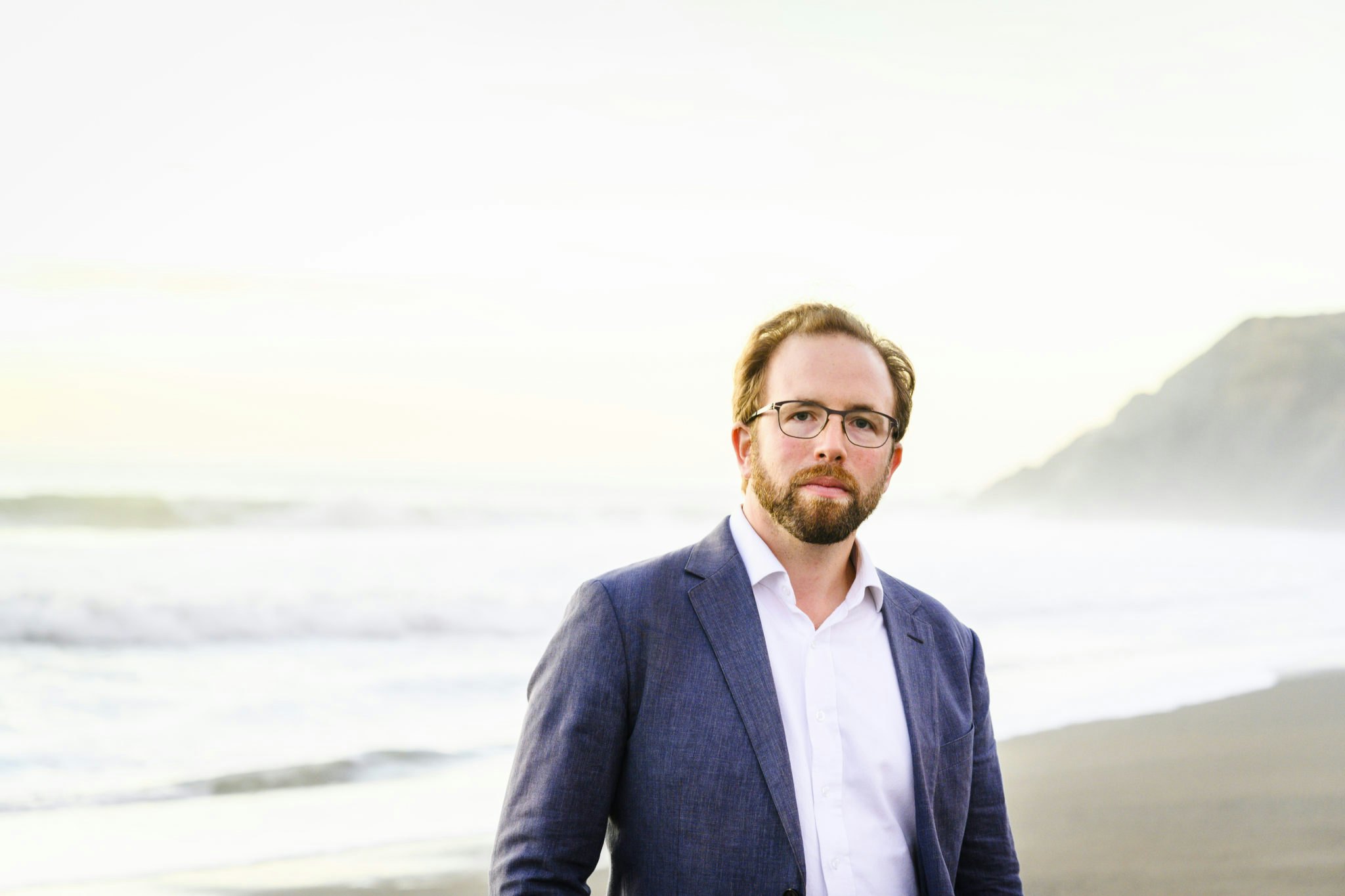All Investments Have An Impact
Back in September, I was recently interviewed by Metropreneur as part of their Aspire 2017 event, which recognizes outstanding social enterprises in Columbus, OH. Our discussion covered a variety of topics, with the future of impact of investing garnering a lot of interest. The conversation around impact investments reminded me of a video Ross Baird, president of Village Capital, and I recorded last year during the annual SOCAP event in San Francisco. Some of the questions around this topic include: Are we looking to create an alternative market? Are we talking about a different investments profile altogether? Will we always look at social enterprises as “kid table businesses”? When will values-based investing become the norm?
Access Ventures believes that our financial decisions should not be in conflict with our personal and/or corporate values. We believe it’s possible to make investments that achieve attractive returns without compromising our mission.
We recognize that all investments have an impact because all companies make real decisions every day that impact communities and people. In fact, this is point one in our investment policy: All investments have an impact. All enterprises, regardless of tax status, produce both social and financial results on a spectrum from positive to negative, including a tick mark at “neutral.” Their financial and social performance is measurable and varies over time. The conscientious investor takes note of both. Therefore, we monitor all our holdings on both dimensions so that we can continue to calibrate our investment approach to find and support companies achieving the most positive combined return.
Impact investing will not be successful if the impact modifier stays.
Due to a variety of factors, especially the powerful temptation to over-prioritize short-term outcomes, a social screen has gradually been excluded from mainstream due diligence. Therefore, incorporating a social screen in the investment process has been given a “new” name: impact investing. In fact, impact investing is something that people have done for centuries in principle. For example John Cadbury established his company in Birmingham, England with this very principle in mind. He built Bournville as a model village for his employees and treated them with great respect, paid them relatively high wages and provided good working conditions. Cadbury also pioneered pension schemes, joint works committees, and a full staff medical service – not to mention schools and housing. It was not until 2007 that the phrase “impact investing” was coined. And, “in some ways impact investing has been counter-productive because it creates almost this kids table, and the adults say ‘isn’t that nice and cute but you’re going to lose money’…if I had one wish for impact investing, it should insert itself as the default” (Ross Baird).
“Impact investing will not be successful if the impact modifier stays. The biggest risk in the global economy is we are unable to appropriately price long-term social and environmental risk.”
In fact, “if you work for a traditional private equity or venture capital fund, you should have to defend why you don’t incorporate long-term social and environmental impact into your investments…”
Watch this video dialogue as we address this very topic. Let’s continue to work at changing the very way we think about investing and fight against the move by some to relegate these efforts to the sideline. What we have been doing hasn’t worked for the vast majority of people and we need to press into changing the financial industry for good.



